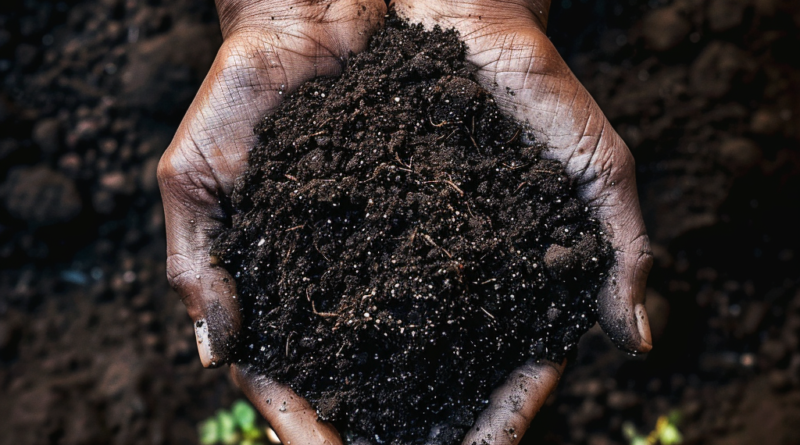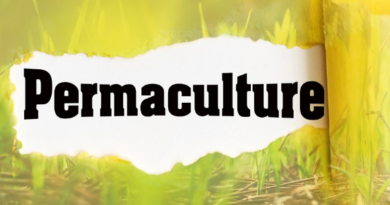Understanding Soil Microbes
As we dig deeper into the world beneath our feet, we uncover the hidden champions of soil health: soil microbes. These microscopic organisms may be small, but they wield tremendous power in shaping the fertility, structure, and overall well-being of our soils.
What Are Soil Microbes?
Soil microbes are microscopic organisms that live in the soil, including bacteria, fungi, protozoa, and algae. These tiny life forms play a vital role in decomposing organic matter, nutrient cycling, and improving soil structure, ultimately benefiting plant growth and health.
Soil microorganisms are the unsung champions of a flourishing garden. They diligently break down compost, bolster soil structure, fix nitrogen, ward off plant diseases, enhance crop productivity, and even enrich our food with essential nutrients. These microorganisms thrive abundantly in the soil as long as there’s a carbon source to fuel their energy needs.
In a mere teaspoon of soil, you’ll find more microbes than there are people on Earth! The soil is teeming with a diverse community of bacteria, fungi, protozoa, nematodes, earthworms, and arthropods.
The Role of Soil Microbes
- Decomposition of Organic Matter
Soil microbes break down organic matter, such as dead plants and animal residues, into simpler substances. This decomposition process releases essential nutrients like nitrogen, phosphorus, and potassium back into the soil, making them available for plant uptake.
- Nutrient Cycling
Microbes are key players in nutrient cycling within the soil. They transform organic and inorganic compounds, making nutrients accessible to plants. This continuous cycling ensures a constant supply of nutrients, promoting healthy plant growth and development.
- Soil Structure Improvement
Certain microbes produce substances that help bind soil particles together, improving soil structure and stability. This enhanced soil structure allows for better water infiltration, root growth, and aeration, creating a more hospitable environment for plants.
- Disease Suppression
Beneficial soil microbes can suppress harmful pathogens by outcompeting them for resources or producing substances that inhibit their growth. This natural defence mechanism helps protect plants from diseases, reducing the need for chemical interventions.
Factors Influencing Soil Microbes
Several factors can influence the abundance and activity of soil microbes, including:
- Soil pH: Soil acidity or alkalinity can affect microbial diversity and activity. Maintaining a balanced soil pH is crucial for optimal microbial function.
- Soil Moisture: Adequate soil moisture levels support microbial activity, while excessive moisture can lead to oxygen depletion and hinder microbial growth.
- Organic Matter: High-quality organic matter provides food and habitat for soil microbes, enhancing their populations and activity levels.
- Temperature: Soil temperature influences microbial activity, with moderate temperatures generally being the most favourable for microbial growth.
Maintaining a Healthy Microbial Community
To support a thriving microbial community in your soil:
- Add Organic Matter: Incorporate compost, manure, or other organic amendments to provide nutrients and habitat for soil microbes.
- Avoid Overuse of Chemical Fertilisers: Excessive use of synthetic fertilisers can disrupt microbial balance and reduce microbial diversity.
- Practice Crop Rotation: Rotating crops helps maintain soil health and diversity, supporting a more resilient microbial community.
- Limit Soil Disturbance: Minimising tillage and soil compaction preserves the natural habitat of soil microbes, promoting a healthy and diverse microbial community.
Microorganisms are vital for decomposing organic residues and recycling soil nutrients. Bacteria, being hardy and adaptable, dominate tilled soils, while fungi thrive in untilled soils. Understanding the intricate dynamics of soil microbes can revolutionize your gardening and farming practices, leading to healthier soils, more productive crops, and bountiful harvests.




